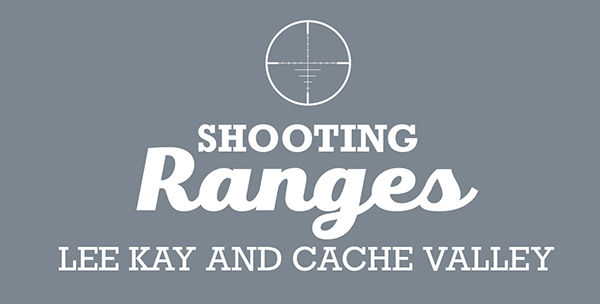Utah's swan hunt closes early after harvest limit for trumpeter swans met
Salt Lake City — The swan hunting season was closed in Utah 16 days early after the federal quota of 20 trumpeter swans was met on Nov. 27. This is the second consecutive year that the swan hunt had to be closed early.
Starting tomorrow — Saturday, Nov. 28 — hunters are prohibited from killing any swan in Utah.
The 2020 swan hunting season opened on Oct. 3 and was scheduled to run until Dec. 13, but was closed after the 20th trumpeter swan was harvested. Previously, the limit for trumpeter swan harvest in Utah was set at 10 swans, but the U.S. Fish and Wildlife Service increased that number to 20 swans in 2019.
"This is the second year in a row that we have seen a higher number of trumpeter swans harvested because there were more migrating through Utah than in previous years," Utah Division of Wildlife Resources Migratory Game Bird Program Coordinator Blair Stringham said.
Utah's swan hunt requires a permit, which is only available through a hunt drawing. 2,750 permits were offered this year. Hunters with a permit can legally take one trumpeter or tundra swan; however, hunters are discouraged from harvesting trumpeter swans.
Trumpeter and tundra swans both migrate through Utah and can be identified by size, physical markings and sound. Trumpeter swans are significantly larger than tundra swans. Trumpeter swans do not have a yellow-colored area near their eyes, and they also make a distinctive trumpet-like sound, hence their name.
Utah is one of only nine states in the U.S. that allows hunting for swans. Due to the low population size of trumpeter swans in the Greater Yellowstone area, the U.S. Fish and Wildlife Service sets an annual harvest quota for the number of trumpeter swans that can be harvested in Utah.
"There was a really high harvest of trumpeter swans this year. We realize the early closure means that some permit holders may not harvest a swan, but we appreciate their understanding and support of our efforts to protect the trumpeter swan population," Stringham said.
Hunters who harvested any species of swan are required to check in the bird at a DWR office or the Bear River Migratory Bird Refuge office within 72 hours of harvest.
Hunters who didn't harvest a swan before the season was closed will not be refunded the permit fee or have their preference points reinstated.

















